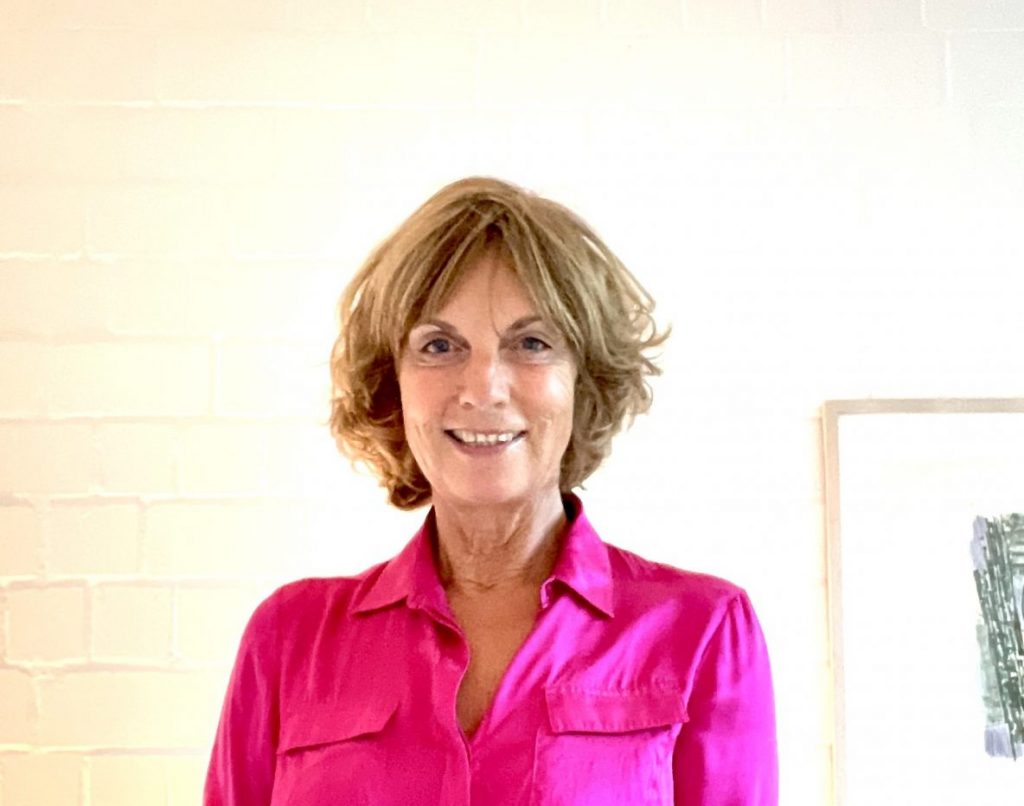Berlin Science Week has become an international success story since its launch in 2016.
The wonderful creative nexus between science and other fields of society such as art is often explored at the annual Berlin Science Week, held for 10 days each November. It’s led to amazing projects, including cooking for microbiome, hackathons for female health, or meditations with trees, and offers this year’s attendees the opportunity to chat about artificial intelligence with an AI version of American cognitive scientist, Noam Chomsky.
“Artists see things from their angle and the scientists from their angle,” says Christine Brummer, who has headed the festival since it began in 2016. “When those two views come together, something even more relevant can be created.”
The festival is centred around the Museum für Naturkunde (Natural History Museum), with 200 events taking place in pubs, universities, galleries and public spaces across Berlin. The focus is on finding new, interactive and fun ways to make science, research and innovation engaging, says Brummer.
One popular event held each year is soapbox science, a novel public outreach platform for promoting women and non-binary scientists and the science they do. The event transforms public areas into an arena for public learning and scientific debate, following the format of Speakers’ Corner in London’s Hyde Park, a historic site for open air public debate.
In 2018, a UK-based science engagement initiative presented optical experiments in a shopping centre and more than 5,000 students visited the exhibits. These experiments highlighted the achievements of the Islamic Golden Age, a period from the 700s to the 1200s, when the Islamic Empire contributed to the advancement of fields such as literature and philosophy, science and medicine, mathematics and art.
“Our aim is to reach out to different audiences,” Brummer told The Brilliant. “We are aware of this lack of trust in science in certain parts of society. There’s a need for institutions to leave their ivory tower and start communicating their work, especially when they get public funding. The challenge is to reach people who are a bit more critical or who don’t believe in scientific facts.”
A growing success
Berlin Science Week was started by the Falling Walls Foundation (“Falling Walls”), a non-profit organization headquartered in Berlin that provides an international platform to leaders in science, the arts, business and politics to communicate to the wider public. It uses as its inspiration and metaphor the bringing down of the Berlin Wall in 1989 – a defining event with a solid legacy in the past and an optimistic focus on the future, says Brummer.
Falling Walls’ first scientific conference showcasing the research work of international scientists from a wide range of fields was held in 2009, on the 20th anniversary of the fall of the Berlin Wall. It remains devoted to finding the next ‘walls’ that need to come down across all borders and disciplines, Brummer explains. Falling Walls is supported by Germany’s Federal Government, as well as several global NGOs, companies and institutions.
Brummer was working for the Foundation in 2015 when the idea for Berlin Science Week was developed. “This is basically the first international science festival of its kind in Germany,” she says.
The initial festival had fewer than 40 participating organisations and around 6,000 attendees. It’s since grown to include more than 150 organisations, a third of them international, and attracts an estimated 25,000 participants. It was established on the back of the annual international Falling Walls Science Summit, which honours the year’s best scientific breakthroughs in areas such as climate science, artificial intelligence and machine learning, food security, digital healthcare, circular economies and sustainable building.
“With the conference bringing those bright minds to Berlin, we thought we need to roll this out on a larger scale, and we want to invite the Berliners and everyone who is interested to take part,” says Brummer. “We aim to create a global hub for an open, interdisciplinary dialogue. Berlin is a place that has this reputation as a city of freedom, and with that history, we thought Berlin is the place to have these big discussions and debates on the grand challenges of our time.”
The overarching theme, or ‘leitmotif’, for every Berlin Science Week is ‘Dare to Know’. “It’s a meta theme, because before you are able to act, you have to know,” says Brummer.
All events are categorized in 12 topics such as planetary health and sustainability, societal trends and transformation, open science and collaboration or art and science. With ‘Paradigm Shift: Co-creating A Sustainable Now!’, the main festival centre CAMPUS will focus on multi-perspective approaches and collaborative efforts.
Most events are free to attend, and there will be a number of hybrid and fully digital events for audiences unable to be on site. Brummer says creating an international hub for scientists, science communicators and the public has had great impacts. “The other day, I spoke with staff from the Belgian Embassy who took part in our Campus in 2021,” she says. “He said, ‘I met so many interesting people and we started a summer school together with one of the future hubs in Berlin’. We create these possibilities to come together, to meet, and to then create something together.”
The full programme will be available on 29 September at www.berlinscienceweek.com
Follow Berlin Science Week on Twitter | Facebook | Instagram | LinkedIn | YouTube | Website
Article by Kylie Ahern

